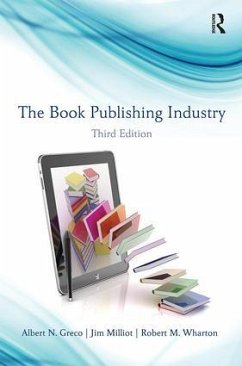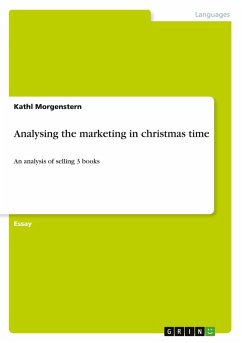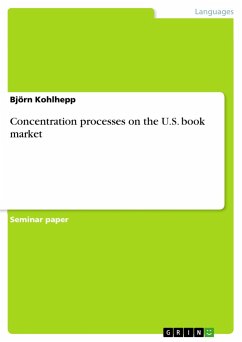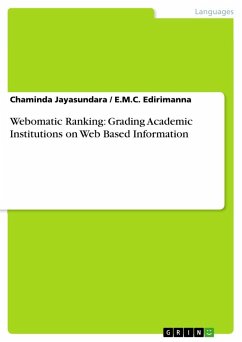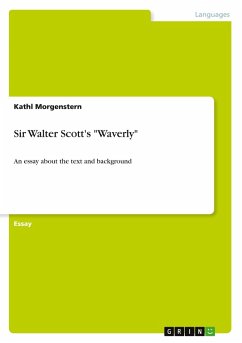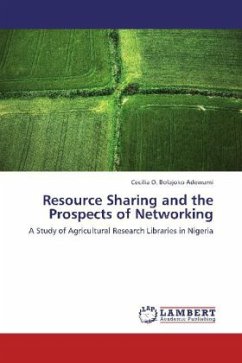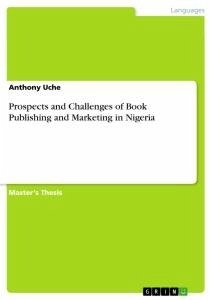
Prospects and Challenges of Book Publishing and Marketing in Nigeria

PAYBACK Punkte
0 °P sammeln!
Master's Thesis from the year 2014 in the subject Book Science, Nnamdi Azikiwe University Awka, course: Mass Communication, language: English, abstract: The study has five objectives, namely: to find out the contributions that indigenous publishers are making towards the development of the Nigerian economy, to identify the various ways Literamed Publications market their books, to explore the challenges facing the book industry in general and Literamed in particular as well as the prospects available for Literamed Publications. Five research questions were also generated for which the study so...
Master's Thesis from the year 2014 in the subject Book Science, Nnamdi Azikiwe University Awka, course: Mass Communication, language: English, abstract: The study has five objectives, namely: to find out the contributions that indigenous publishers are making towards the development of the Nigerian economy, to identify the various ways Literamed Publications market their books, to explore the challenges facing the book industry in general and Literamed in particular as well as the prospects available for Literamed Publications. Five research questions were also generated for which the study sought to answer. In carrying out the study several relevant literatures were reviewed including communication texts, past studies, online and offline articles, journals as well as papers presented at different fora that have bearing on the subject. The theoretical framework for the study is the libertarian theory of the press. The study being a survey utilized the questionnaire as instrument for data collection. A survey was conducted among the staff of Literamed publications limited by administering the questionnaire to a sample of 190 staff drawn through a simple random sampling. The findings indicate that publishers are contributing to the growth of the Nigerian economy (96.2%). The major challenges confronting the publishing industry include book piracy (39.3%) and inadequate infrastructure such as electricity (25.1%) while the prospects include the ever expanding population of schools enrolment and the policy of compulsory education coupled with government bulk purchases. The findings also indicate that the company uses a multi-sectoral approach in marketing their books such as institutional sales, supply to distributors, bookshops and more importantly to schools and end users. The study recommends, among othert things, a synergistic approach in fighting copyright violations involving all stakeholders: authors, printers, publishers, booksellers, Nigerian Copyright Commission and other law enforcement agencies.




